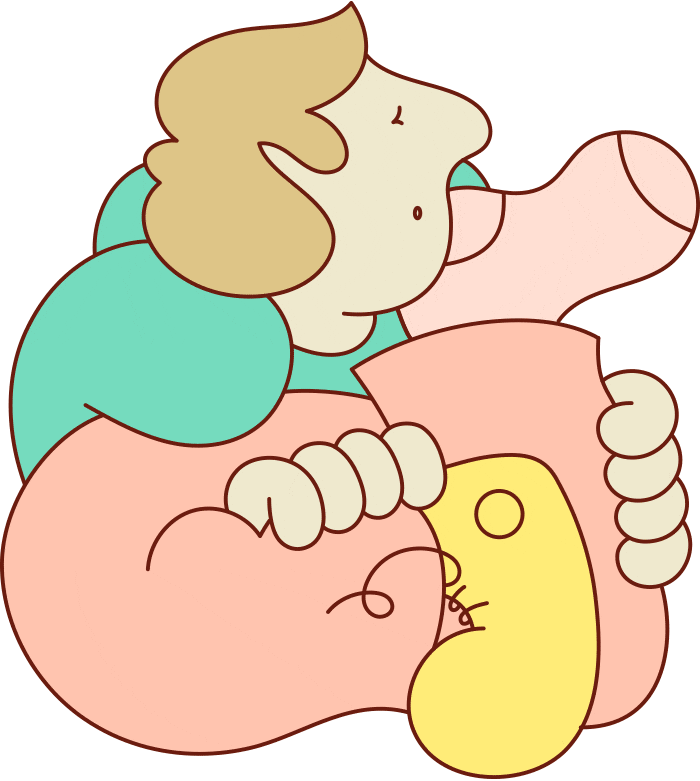
Find a therapist that can help with Anxiety
Find a therapist who can work with you on reducing avoidance and enhancing coping strategies for anxiety, and who can help you manage excessive worry, fear, and physiological arousal through cognitive-behavioural techniques, exposure therapy, and mindfulness-based interventions.
Free matching service
Affordable Therapy
Built by therapists
The Directory
Find a therapist, psychologist, counsellor or coach based on your preferences.About It's Complicated
In 2019, two therapists set out to tackle a complicated problem.


Learn more about therapists who can help with Anxiety
What is anxiety?
Anxiety is a natural response to stress or perceived threats, but when it becomes excessive or persistent, it can interfere significantly with daily life. It often manifests as feelings of worry, fear, or unease, accompanied by physical symptoms such as increased heart rate, sweating, and trembling. Understanding anxiety involves recognising its various forms, including generalised anxiety disorder (GAD), panic disorder, social anxiety disorder, and specific phobias. It's essential to acknowledge that anxiety is a common mental health condition, and seeking support is a proactive step towards managing it effectively.
Effective treatment for anxiety
Fortunately, anxiety is highly treatable, and numerous approaches can help individuals regain control and improve their quality of life. Evidence-based treatments include psychotherapy, medication, lifestyle changes, and self-care practices. Cognitive-behavioural therapy (CBT) is particularly effective in addressing the underlying thought patterns and behaviours contributing to anxiety. Medications such as selective serotonin reuptake inhibitors (SSRIs) or benzodiazepines may also be prescribed in certain cases. Additionally, holistic approaches like mindfulness meditation, exercise, and relaxation techniques can complement traditional treatments, offering a comprehensive approach to managing anxiety.
Find the right therapist on It’s Complicated
It may take some exploration and open communication with potential therapists to discover the approach and therapist that aligns best with your needs and preferences. Trusting your instincts and being patient with yourself throughout this process can help alleviate some of the overwhelm and lead to a smoother therapeutic journey. If you are interested in therapy to assist you in improving your life quality, It's Complicated operates in nearly 100 languages, offering both online and in-person sessions. With a diverse network of over 1,500 mental health professionals spanning 80+ countries, you can easily connect with accredited psychologists who can support you in managing anxiety
The Blog

The Highly Sensitive Man
What Does It Mean To Be A (Real) Man? Ultimately, a man is simply a human being dwelling…
The Role of Breathwork in Stress Management: A Practical Guide
In the face of daily stress and overwhelm, finding effective ways to manage our mental and emotional well-being…
